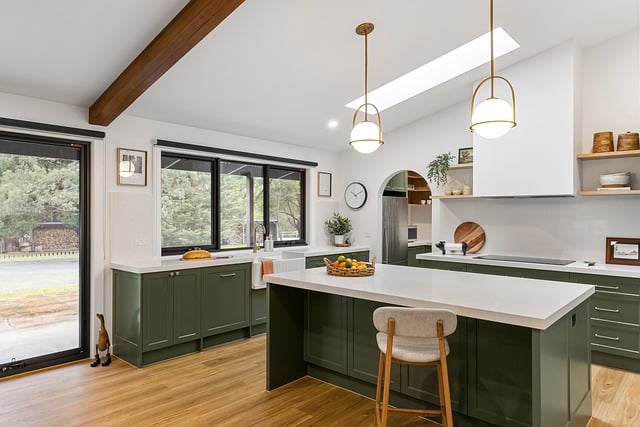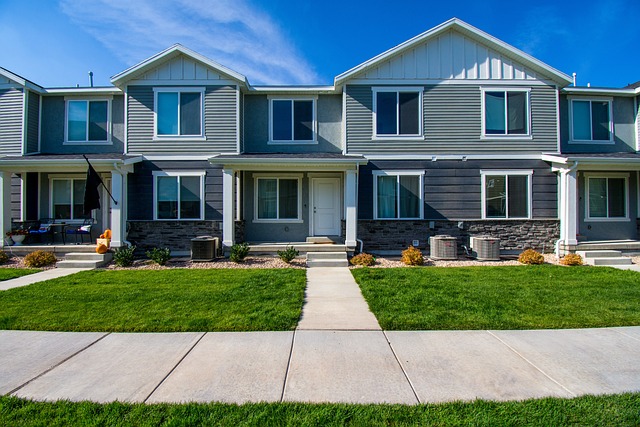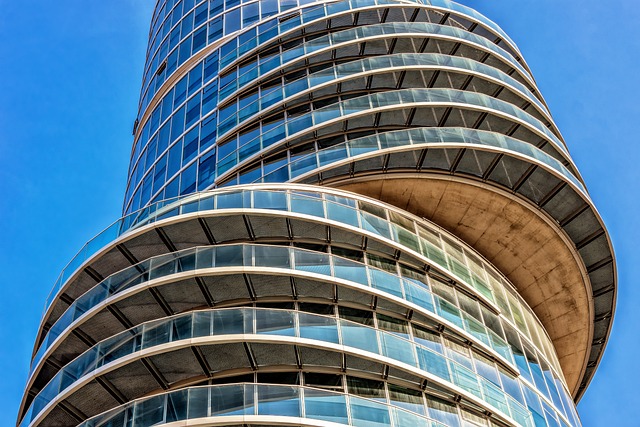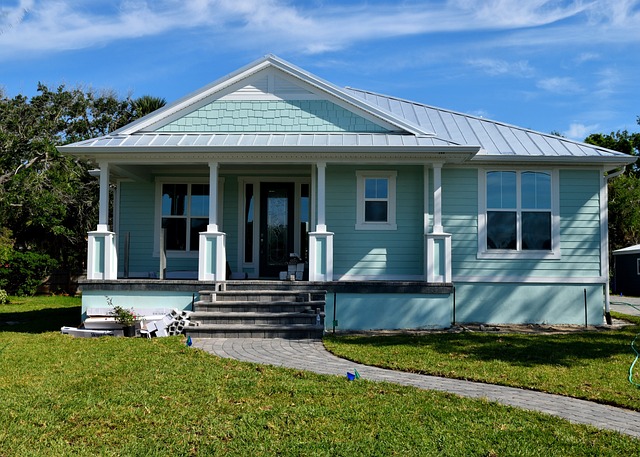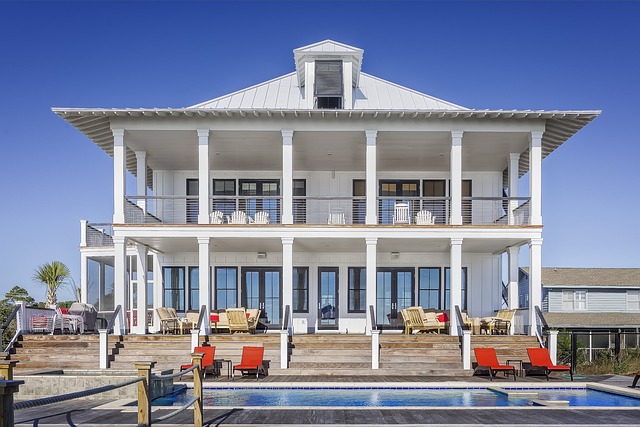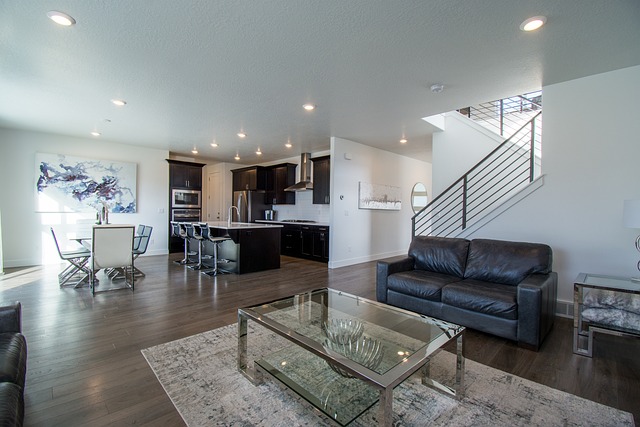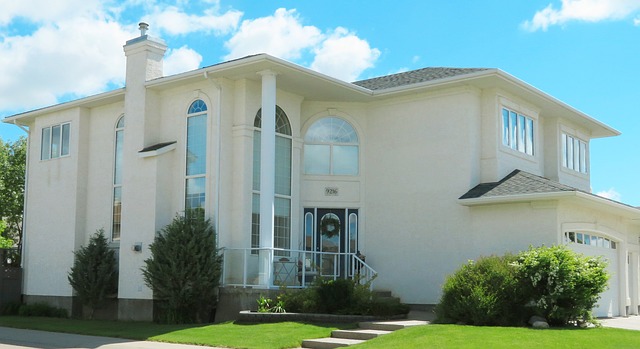Executive Condos in Singapore: A Comprehensive Overview for 2022
Introduction
In the dynamic realm of real estate, the concept of Executive Condos (ECs) in Singapore stands out as a testament to the nation’s innovative approach to housing. This article delves into the intricacies of ECs, exploring their significance, impact on the broader landscape, and what they represent for both residents and investors. By the end of this comprehensive guide, readers will possess a nuanced understanding of executive condos in Singapore for 2022.
Understanding Executive Condos in Singapore (ECs)
Executive Condos are a hybrid housing type designed for middle-income couples. Launched in 1983 as part of the public housing scheme, ECs cater to Singaporeans who aspire to live in larger condominium units compared to HDB flats. These homes come with more facilities and amenities than standard public housing, reflecting the evolving needs and preferences of residents.
Key components of an EC include:
- A minimum size of 976 square feet for a 3-room unit, with larger units available.
- Comprehensive condo facilities such as swimming pools, gyms, and function rooms.
- Proximity to MRT stations and shopping centers.
- Eligibility requirements include being a Singaporean couple without any existing HDB flat, or an HDB flat owner who has obtained the necessary permissions from HDB to purchase an EC.
The historical context of ECs underscores their role in addressing the housing needs of a growing population while promoting social integration and community living.
Global Impact and Trends
Singapore’s Executive Condos have made a significant impact globally, influencing urban development and affordable luxury living standards. The trends shaping this segment include:
- A shift towards sustainable living, with eco-friendly designs and energy-efficient technologies.
- The integration of smart home features, enhancing convenience and security for residents.
- An increasing demand for lifestyle amenities within gated communities.
- Adaptation to changing demographics, offering age-friendly facilities and accommodations.
Economic Considerations
The economic significance of Executive Condos extends beyond providing housing solutions. They play a pivotal role in the property market’s health:
- ECs contribute to economic growth by creating jobs during construction and operation phases.
- They offer investment opportunities, with prices often reflecting the market’s sentiment and economic conditions.
- The resale market for ECs provides liquidity and a secondary market for investors and owners.
Technological Advancements
Technology has become integral to the development and operation of ECs in Singapore. Innovations such as:
- Smart home systems that allow residents to manage their homes remotely.
- Building information modeling (BIM) used in construction for precision and efficiency.
- Green technologies like solar panels and water recycling systems contribute to sustainable living.
The future potential of these advancements lies in further integrating IoT, AI, and machine learning to enhance security, energy management, and community living experiences.
Policy and Regulation
The government’s policies and regulations play a crucial role in guiding the development and availability of ECs:
- The Housing & Development Board (HDB) sets out eligibility criteria and pricing guidelines to ensure affordability and fairness.
- The Urban Redevelopment Authority (URA) oversees design and planning standards, ensuring high-quality living environments.
- The Council for Estate Agencies (CEA) regulates the conduct of real estate agents, protecting consumers’ interests.
These frameworks are subject to periodic reviews to adapt to changing circumstances and address emerging challenges.
Challenges and Criticisms
Executive Condos face several challenges:
- Balancing affordability with the desire for luxury features.
- Addressing concerns over the long-term resale value of ECs.
- Ensuring the sustainability of such large-scale developments.
Strategies to overcome these issues include diversifying funding options, implementing robust maintenance plans, and fostering a strong sense of community among residents.
Case Studies
Successful ECs in Singapore demonstrate the potential of this housing type:
- The Wandervale Executive Condo showcases innovative design with eco-friendly features.
- The Parc Life EC exemplifies a vibrant community living environment.
These case studies provide valuable insights into best practices and lessons learned for future projects.
Future Prospects
The outlook for Executive Condos in Singapore is positive, with potential growth areas such as:
- Expanding the range of options to cater to diverse lifestyles and preferences.
- Integrating advanced technologies for smarter living solutions.
- Exploring new sustainable building practices to reduce environmental impact.
Emerging trends point towards a more personalized and integrated approach to community living, with a focus on health, wellness, and smart home integration.
Conclusion
Executive Condos in Singapore represent a significant contribution to the nation’s housing landscape, offering a blend of affordability, luxury, and community living. As they continue to evolve, these homes will remain at the forefront of innovative design and sustainable development, setting benchmarks for affordable luxury worldwide.
For the most current information on Executive Condos in Singapore, including eligibility, available units, and market trends, it is advisable to consult official sources such as the HDB website or real estate professionals specializing in this segment.
The Executive Condo (EC) market in Singapore, introduced in 1984 as affordable housing for young professionals and families, experienced a significant price surge in 2022 due to high demand, strategic locations, and government encouragement. Key drivers includ…….
In 2022, visiting a showflat is essential for making informed decisions in Singapore's competitive Executive Condo (EC) market. These visits offer buyers a chance to visualize unit design, layout, and quality firsthand. During the tour, assess aesthetics,…….
In 2022, Singapore's real estate market highlighted Executive Condos (ECs) as a top investment for young professionals and families. With modern amenities, stringent resale price regulations, and high rental yields due to strategic locations and growing b…….
In Singapore, Executive Condos (ECs), introduced in 2008, offer a unique housing option between private condos and public housing. ECs, developed on HDB land by private developers, feature larger floor plans, modern amenities, and smart home technologies, appe…….
In 2022, Executive Condos in Singapore offer a unique blend of luxury and affordability, featuring modern amenities and strategic locations. Purchasing one requires navigating specific legal considerations, including regulations around subletting, alteration w…….
“Unveiling the Elite: The 2022 Landscape of Executive Condos in SingaporeSingapore’s real estate scene is vibrant, and among its prestigious offerings, Executive Condominiums (ECs) stand out. This article delves into the exclusive world of ECs in 2022, offerin…….
In 2022, Singapore's Executive Condo (EC) market remains a thriving segment, offering modern, spacious living spaces for first-time buyers at affordable prices. Certified by the Housing & Development Board (HDB), ECs feature exclusive amenities and su…….
In the vibrant real estate landscape of Singapore, Executive Condos (ECs) stand out as a popular choice for buyers seeking quality and affordability. As we step into 2022, the market trends shaping EC projects in Singapore are more exciting than ever. From key…….
The 2022 Singapore property market witnesses a surge in demand for spacious, modern Executive Condos catering to families and professionals. These high-end developments offer generous floor plans, smart design, advanced technology like smart home systems, ener…….
In 2022, Singapore's Executive Condo (EC) market experienced a surge in popularity due to stable economic conditions, government incentives, and limited affordable housing options. Strong demand led to consistent price growth, with well-located properties…….
